TH9507 High Purity Polypeptides 2 mg/vial Tesamorelin / Egrifta CAS 218949-48-5 For Muscle Gaining
Abstract
Tesamorelin, (formerly known as TH9507), is a type of peptide called a hormone-releasing factor (GHRF). GHRF causes hormone to be created and spread in the body, which helps increase metabolism, reduce belly fat, improve body shape, and use of energy. Tesamorelin (formerly known as TH9507) is a synthetic hormone-releasing factor that stimulates the pituitary gland in the brain to secrete hormone; this indirect approach appears to maintain more stable, natural levels, like CJC-1295 DAC,.
Clinical trials have shown that tesamorelin significantly reduces abdominal fat with fewer side effects than human hormone itself, although abdominal fat may return after the Tesamorlein is discontinued (depending upon the individual). Tesamorelin has been shown to reduce lipodystrophy in HIV-infected individuals as well as similarly reducing abdominal fat in NON-HIV-Infected individuals.
Tesamorelin Boosts Cognition in Elderly
Tesamorelin is a stabilized analogue of the growth hormone-releasing factor (GRF) that induces growth hormone (GH) in a specific and physiological manner. To date, clinical studies suggest that Tesamorelin reduces visceral fat in HIV-infected patients with abdominal lipo-hypertrophy as well as reducing abdominal fat in all individuals studied.
A peptide that increases growth hormone release improved several measures of cognitive function in cognitively normal and mildly impaired older individuals in a placebo-controlled trial, a researcher said here. Scores on standard tests of executive function and verbal memory were significantly higher in participants given tesamorelin (Egrifta), a synthetic analog of growth hormone releasing hormone (GHRH), in a 20-week trial, according to Laura D. Baker, PhD.. Participants taking the drug in the 78-person trial also reported greater subjective improvement in cognition relative to the placebo group.
In animal studies, GHRH administration improved biomarkers of brain function as well as performance on cognition tests. And a 2006 clinical trial with GHRH found small but significant improvements in cognitive test scores in healthy older adults. In the current study, funded by the National Institute on Aging, 41 cognitively normal adults and 37 with mild cognitive impairment were randomized to placebo or tesamorelin at 1 mg/day subcutaneously.
Mean participant age was 66 to 70 among the four groups. Scores on the Mini-Mental State Examination averaged 29 for the normal participants and 28 for those with mild impairments. Normal and impaired participants differed more at baseline on a test of story recall, with mean scores of 54 and 44, respectively. Tesamorelin appeared to have a protective effect relative to placebo among the cognitively impaired patients on this measure. At the final evaluation, scores declined an average of five points with placebo, whereas those assigned to tesamorelin had a mean decline of less than one point .
Related products
| Polypeptide Series |
| Product Name |
Specification |
| MGF |
2mg/vial |
| PEG MGF |
2mg/vial |
| CJC-1295 with DAC |
2mg/vial |
| CJC-1295 without DAC |
2mg/vial |
| PT-141 |
10mg/vial |
| MT-1 |
10mg/vial |
| MT-2 |
10mg/vial |
| GHRP-2 |
10mg/vial |
| GHRP-2 |
5mg/vial |
| GHRP-6 |
10mg/vial |
| GHRP-6 |
5mg/vial |
| Ipamorelin |
2mg/vial |
| Hexarelin |
2mg/vial |
| Sermorelin |
2mg/vial |
| Oxytocin |
2mg/vial |
| TB500 |
2mg/vial |
| pentadecapeptide BPC 157 |
2mg/vial |
| 176-191 |
2mg/vial |
| Triptorelin |
2mg/vial |
| Tesamorelin |
2mg/vial |
| Gonadorelin |
2mg/vial |
| Gonadorelin |
10mg/vial |
| DSIP |
2mg/vial |
| Selank |
5mg/vial |






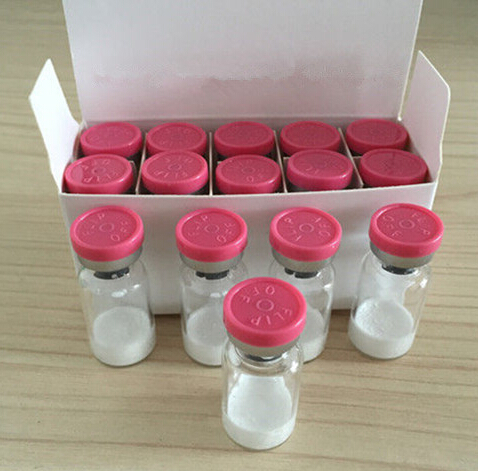
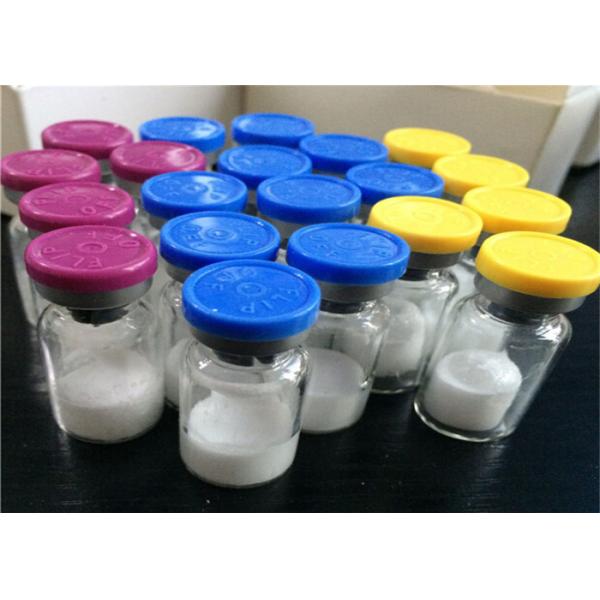
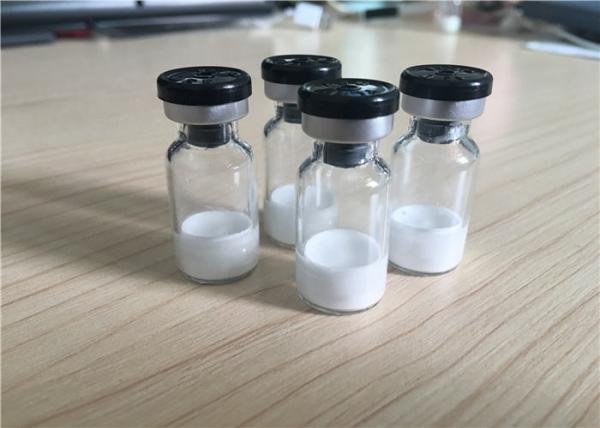
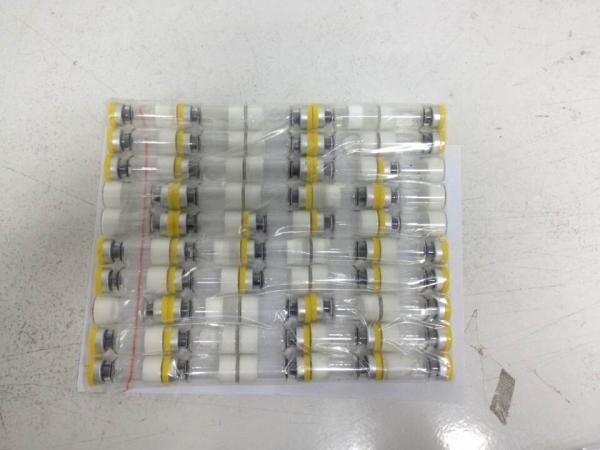
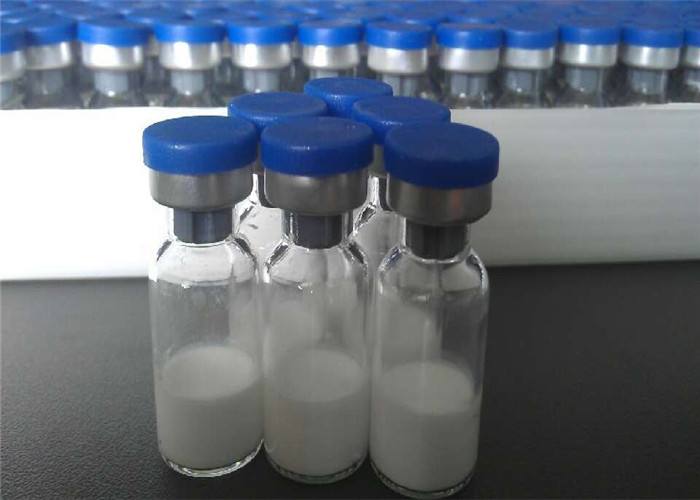



 Sales Manager
Sales Manager